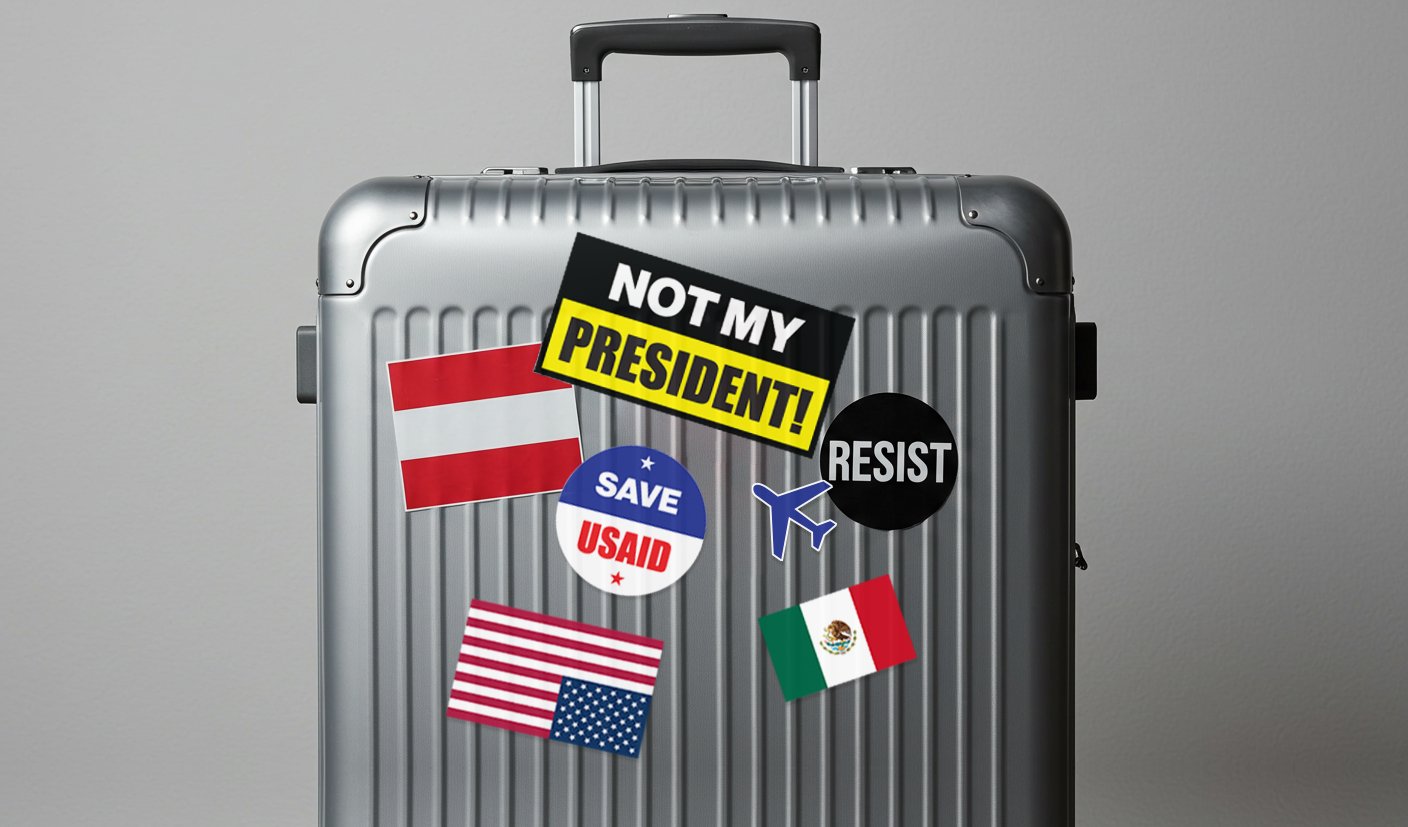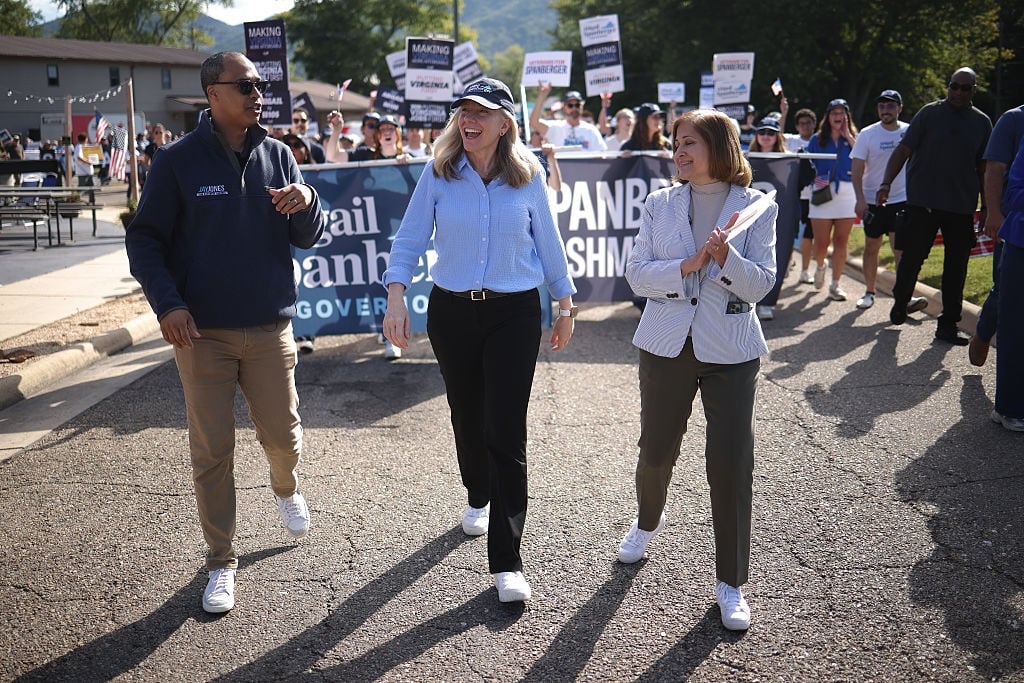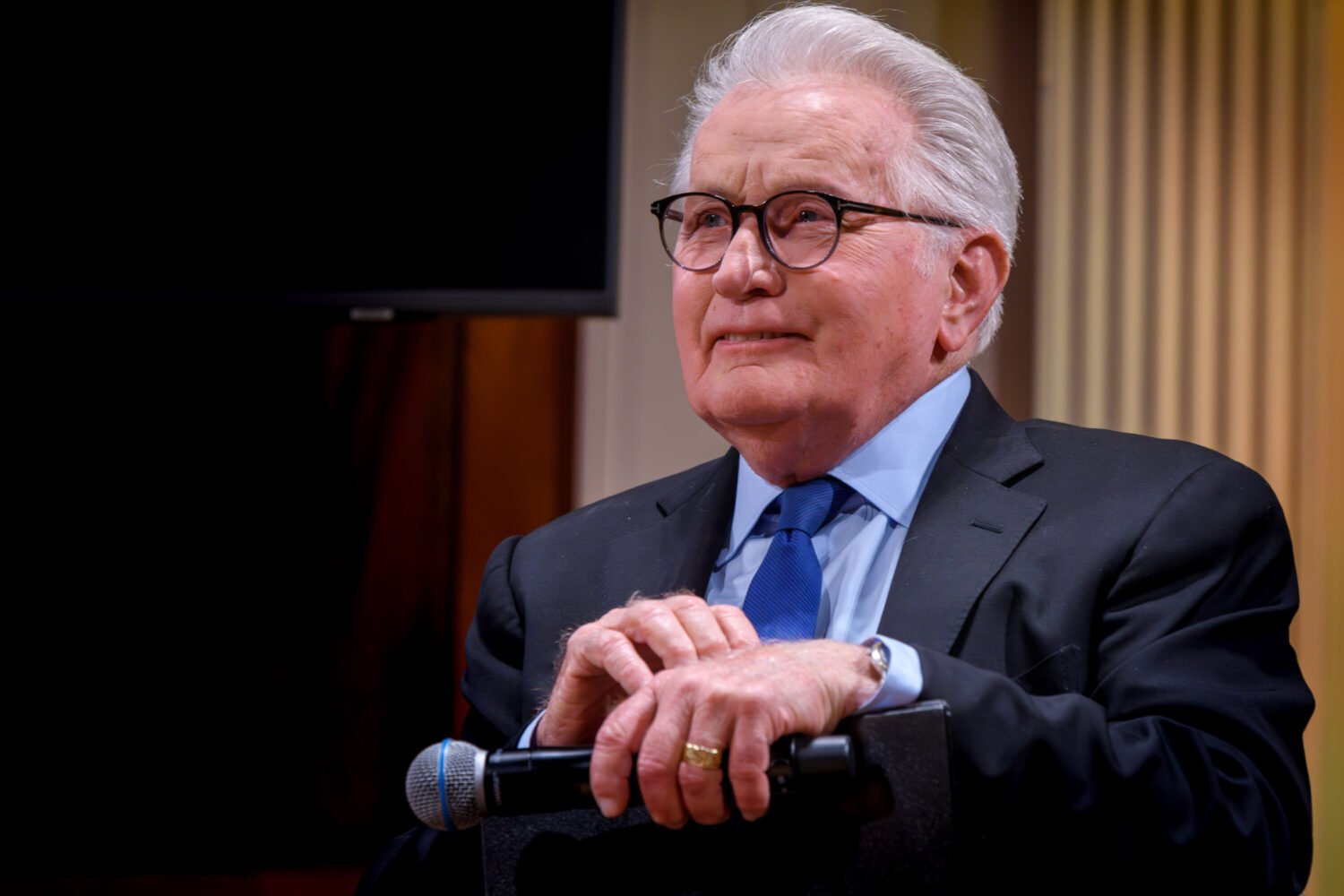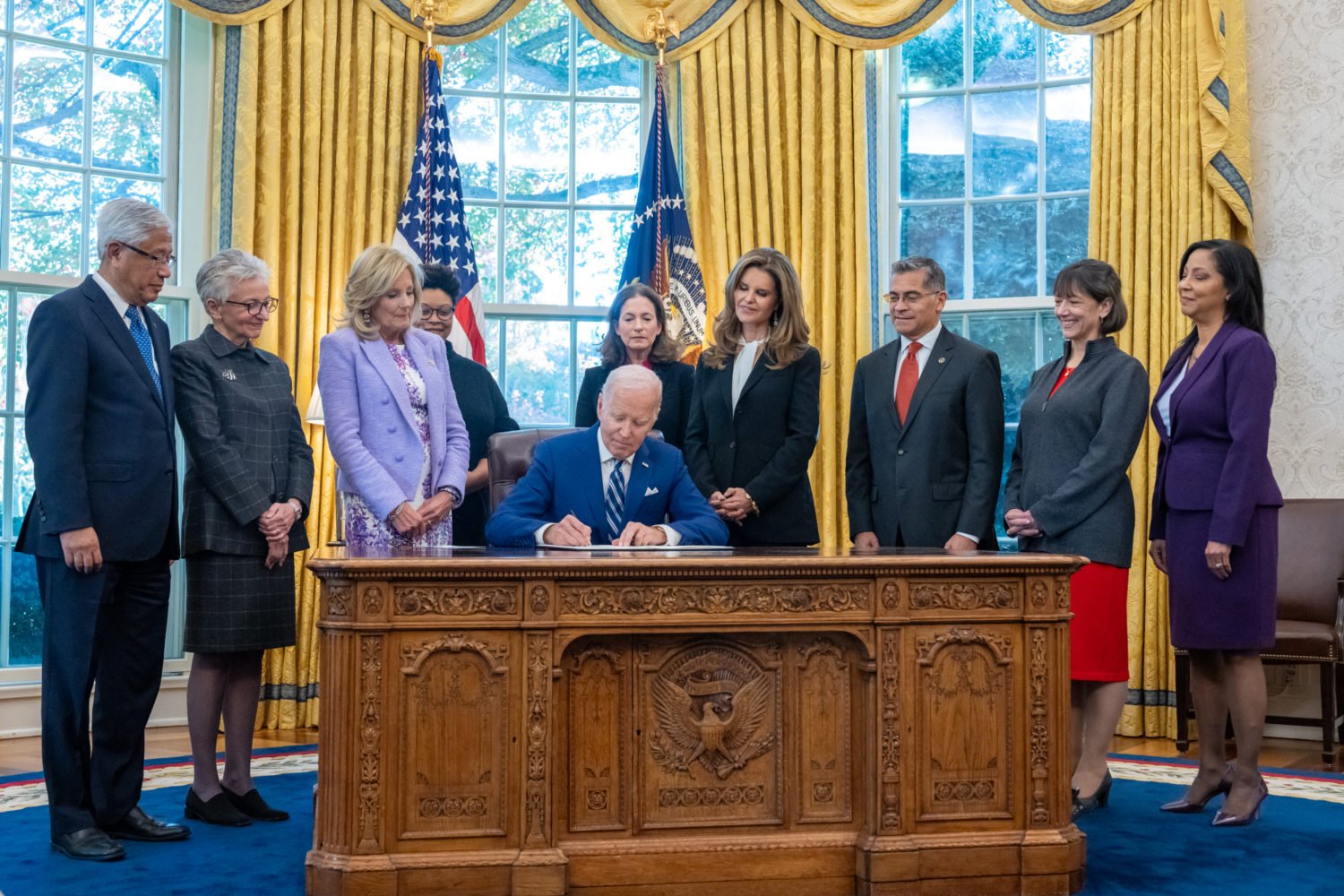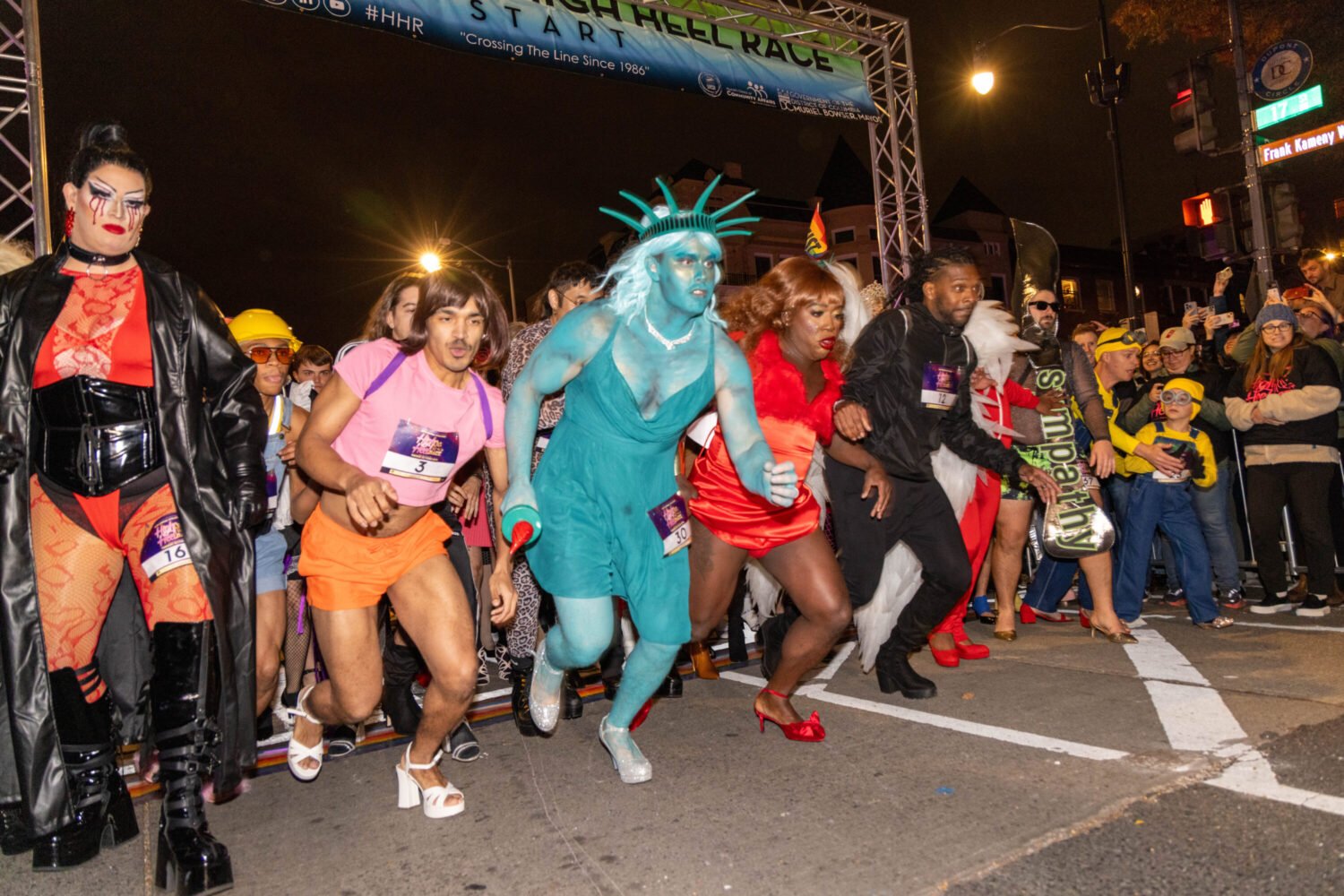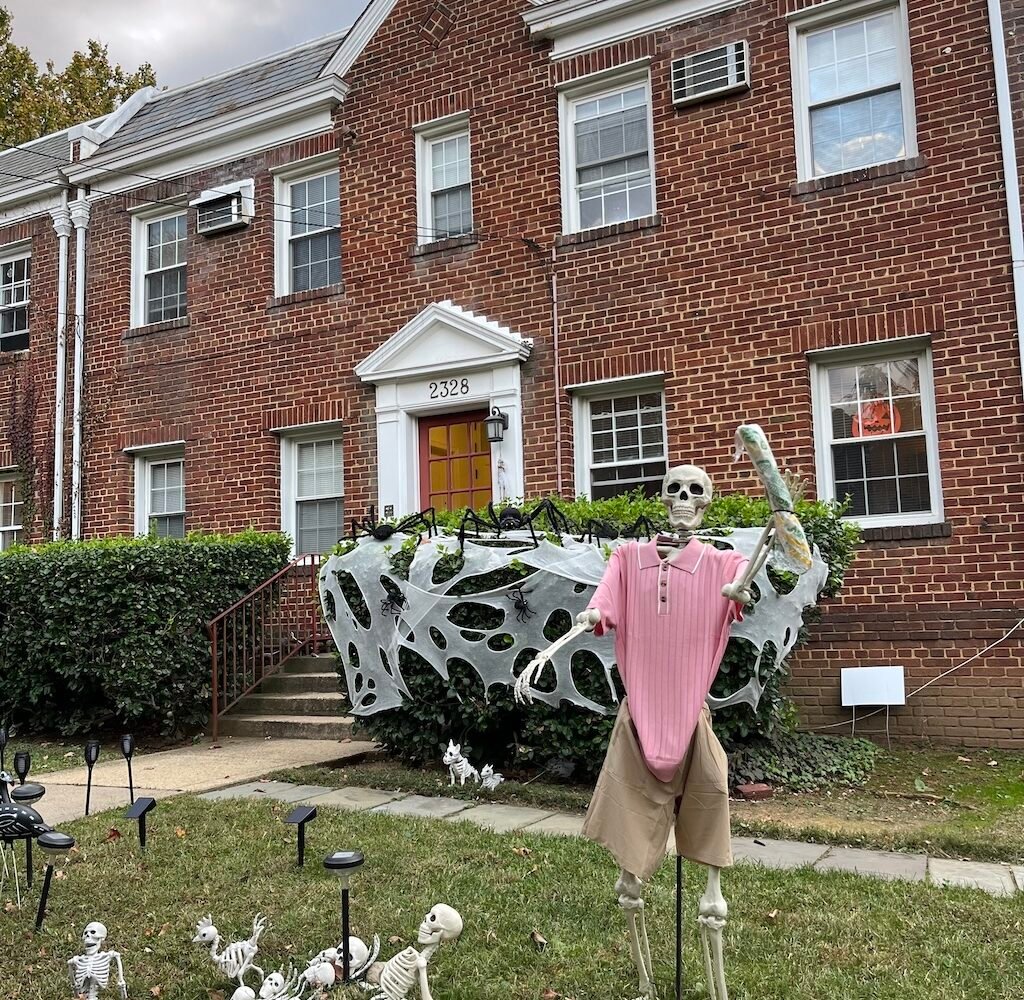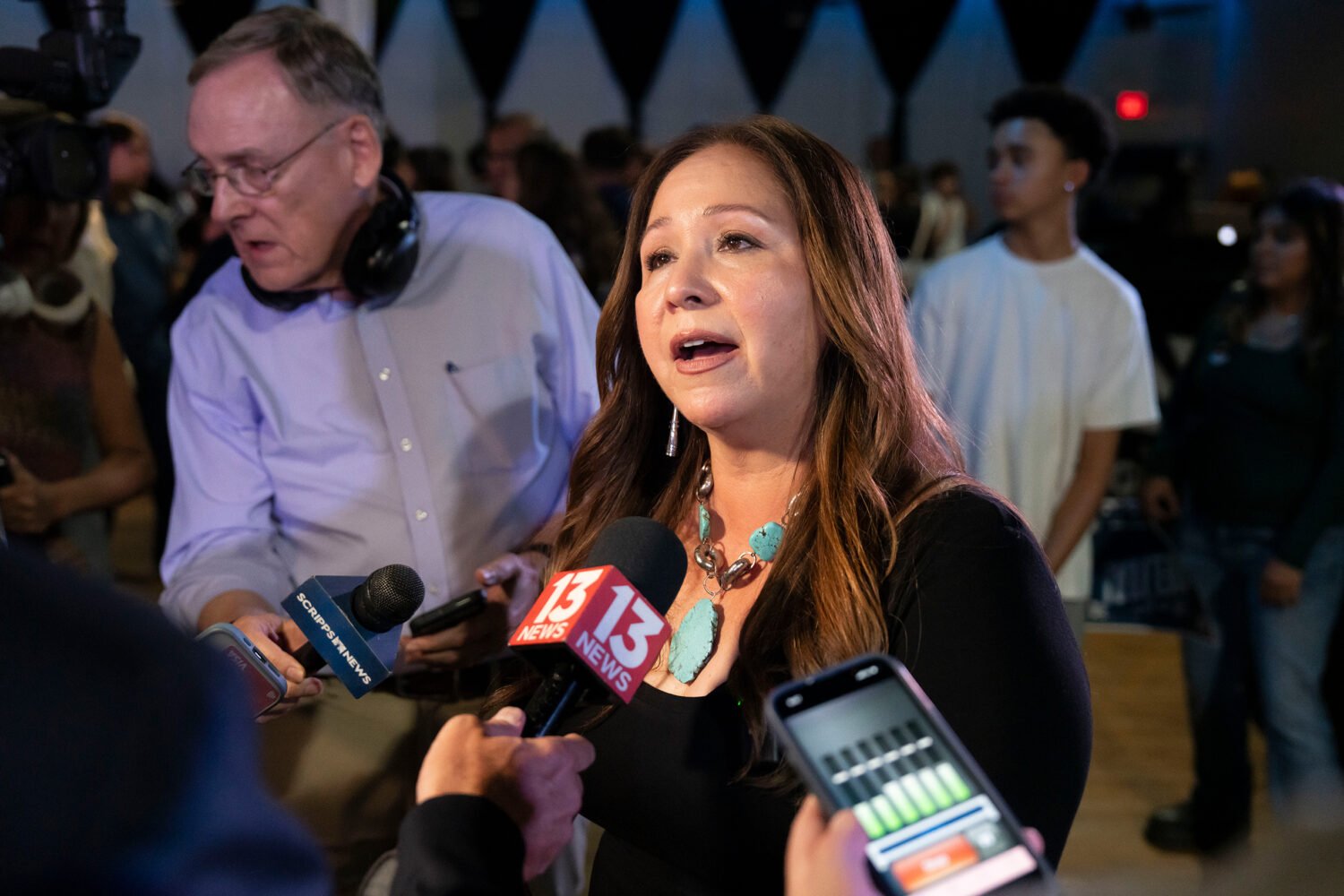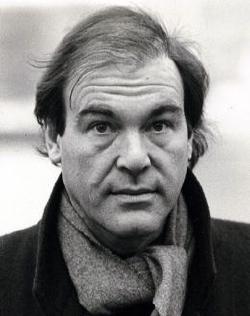
Find out the defense budget since the [Vietnam] war began. Seventy-five going on a hundred billion. Nearly two hundred billion will be spent before its over. In 1949, it was 10 billion. No war, no money. The organizing principle of any society, Mr. Garrison, is for war. The authority of the state over its people resides in its war powers.
That’s the nut of the political exegesis of American history that Donald Sutherland’s anonymous Mr. X delivers to Kevin Costner in Oliver Stone’s JFK, in a scene of monumental sweep that, fittingly, is played on the National Mall. Mr. X is a narrative fabrication, an amalgam of revisionist history and Stone’s auteur sensibilities. He’s also Stone’s alter ego, and for fans of epic conspiracy, this screed is one of the most satisfying ever filmed.
Stone is giving a variation on the speech today, tweaked for an Obama Washington in the fallout of the Bush years. This time, the organized social-war machine is firing at South American leaders such as Hugo Chavez, the President of Venezuela, for whom Stone developed an affection while filming his documentary South of the Border. The movie is a whirlwind tour through South American countries that Stone thinks have been divided by an aggressive US policy. Think Michael Moore meets Howard Zinn, a cinematic corrective to the misguided and myopic perception the director thinks Americans have of leaders like Chavez, who once called George W. Bush “the Devil,” and who Stone calls “one of the warmest people I’ve ever met.”
In a packed dining room at Georgetown’s Ritz Carlton, Stone joined Q&A Cafe host Carol Joynt for her luncheon klatch’s season finale, ostensibly to talk about the movie. But the best parts of the conversation—which was really an occasionally interrupted monologue—played like scenes from the cutting room floor of JFK.
“We didn’t get a straight history,” Stone says of his own Baby Boomer generation’s national political education. “We got Tea Party history. . . .We were raised stupidly.” Stone lived through, and has built much of his cinematic oeuvre upon, a string of what he called “lying presidents, lying governments.” He served in Vietnam and chronicled the experience in his masterpiece, Platoon, and later in the home-front war story Born on the Fourth of July. “I believed all that Cold War rubbish about the Russians are coming,” he said, the stuff dolled out by the Greatest Generation. To a room that looked half-filled with septuagenarians, he asked, “What’s so good about the World War II generation? They came back and participated in lies.”
A few gasps. A few clutched pearls.
Joynt observed—repeatedly—that she was surprised Stone had come to Washington to promote his movie. “The problem in Washington is, you live in the moment,” Stone said early on. “You get paralyzed by the tyranny of now.” Off to his right, at the media table, a few reporters fingered their Blackberries anxiously. But, he conceded later, “I accept that Washington is the center of our empire.”
Joynt asked if Stone was planning to visit the President, a “Hollywood” thing to do. No, but he’d love for Obama to screen the film.
What note would you write to the president before he watched it? Joynt asked.
“You’re being surrounded by State Department cronies who are feeding you bullshit.”
Did he say bullshit?
Pearls.
Stone acknowledged that the president is a little busy after firing his top general in Afghanistan, a bit of political theater that the director regarded as beneath his efforts. “It sounds like a TV movie.”
When Joynt finally succeeded in steering Stone back to the topic of discussion, the South America film, she noted that he couldn’t help himself from directing, even when his subjects weren’t actors. (Stone coaches Chavez on how to ride his bicycle for the camera in one shot.) “He talks a lot,” Stone explained. “So I have to cut him off.”
In one exchange, Joynt seemed to sympathize. “You’re like interviewing Chris Matthews,” she said.
Subscribe to Washingtonian
Follow Washingtonian on Twitter
More>> Capital Comment Blog | News & Politics | Party Photos


